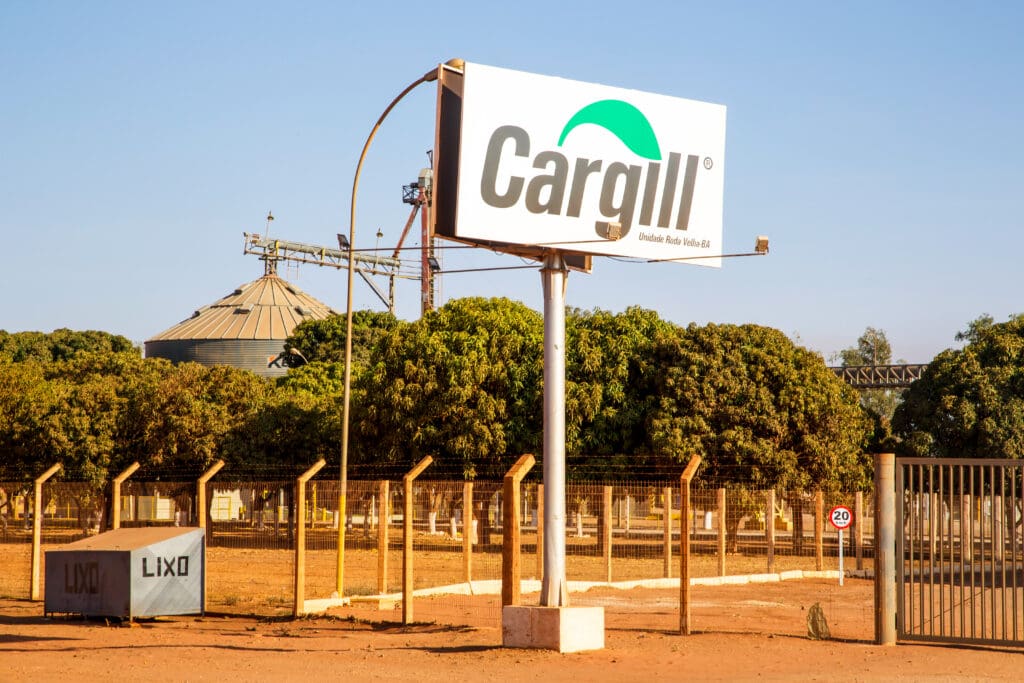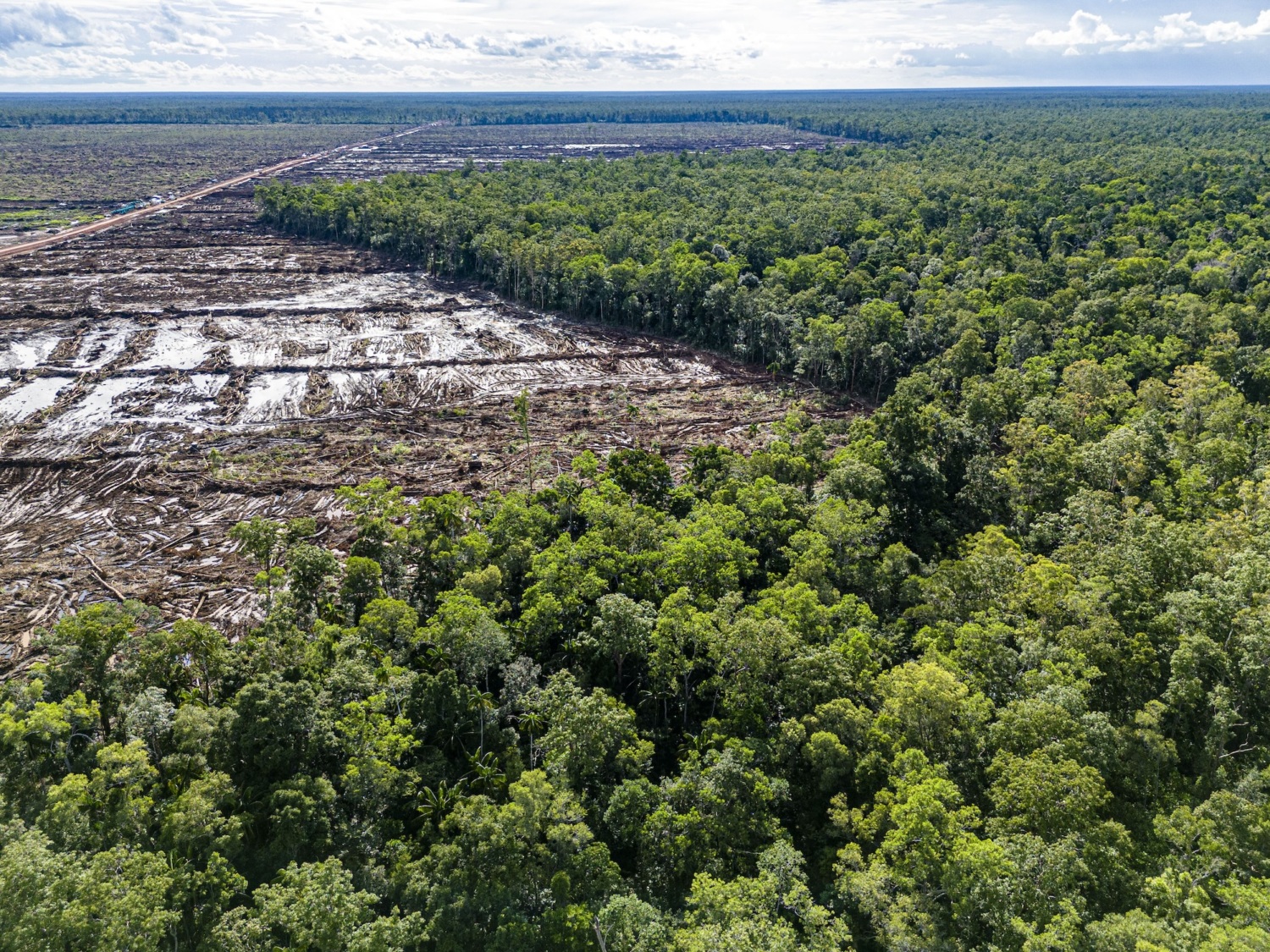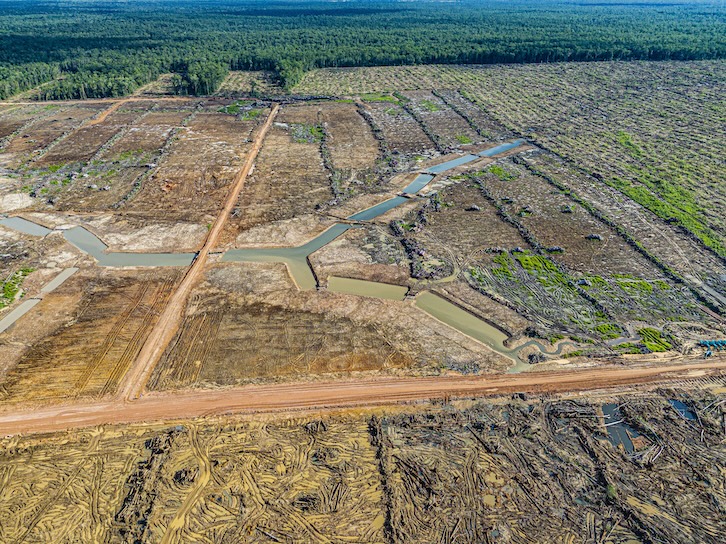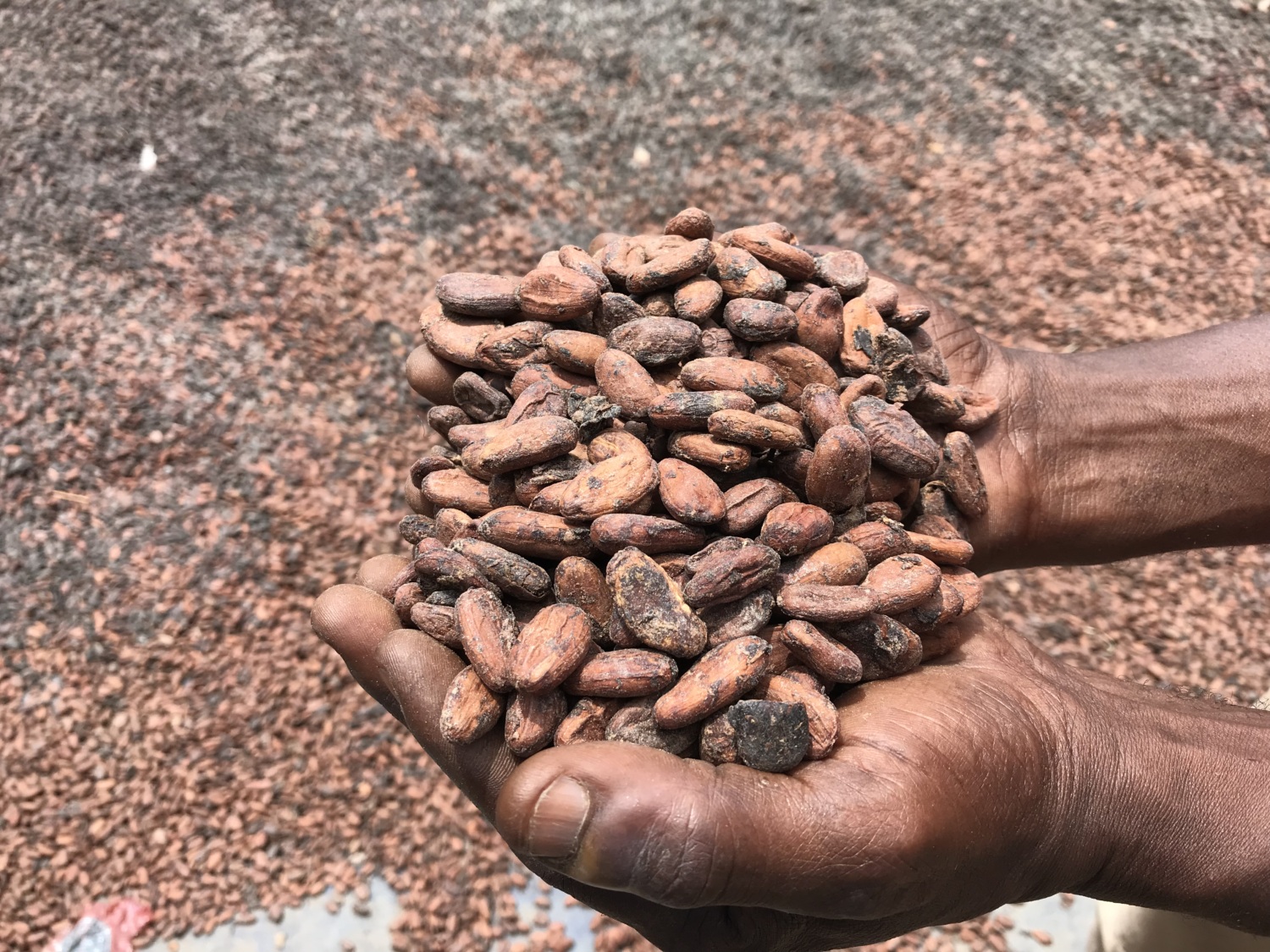
Scandal: How Cargill sank the COP27 deal to end soy-driven deforestation

Explosive new report from Mighty Earth reveals for the first time how Cargill sabotaged the world’s biggest breakthrough on forests
Update on Cargill action. Letter to CEO Brian Sikes.
Link to the report Media coverage
An explosive new report by Mighty Earth reveals for the first time how the US agribusiness giant Cargill sank a year-long drive by industry and governments for a global deal at COP27 to end all deforestation and ecosystem destruction linked to soy production.
The revelation comes as deforestation recently surged to record levels in the threatened Cerrado savannah in Brazil, largely driven by the expansion of soy grown for animal feed.
A four-month investigation by Mighty Earth, involving multiple interviews with some of the key participants closest to the negotiations, found that while Cargill publicly claimed to be committed to ending deforestation in its soy supply chains, behind-the-scenes, Cargill lobbied and manoeuvred to block an ambitious Agriculture Sector Roadmap to 1.5°C announced at COP27 to immediately ban and end all soy-driven deforestation and ecosystem destruction.
Mighty Earth CEO Glenn Hurowitz said:
“Mighty Earth found that fourteen of the world’s biggest agribusinesses were set to agree a global deal ending deforestation and nature destruction linked to soy in the run up to COP27 in Egypt, but they were blocked by stubborn opposition from Cargill, which threw its considerable weight around, and ensured that the deal collapsed. You simply wouldn’t see the forests and biomes of South America bulldozed at the same alarming scale and pace if Cargill hadn’t sabotaged the world’s biggest breakthrough on forests.”
Report key findings:
- Senior officials say Cargill blocked a global deal to end deforestation and ecosystem destruction for soy in year-long talks in the run up to COP27, and heaped pressure on other companies that had promised to end ecosystem destruction by 2025 to backtrack.
- An official associated with Cargill claimed that although soy-related conversation in Brazil was the number one issue for Cargill internally, the company put money, trading revenues and executive bonuses first in its efforts to sink an ambitious deforestation deal on soy at COP27.
- Documents released under EU Access to Data laws show Cargill’s key soy trade associations privately lobbied senior European Commission climate change officials and brazenly denied that soy expansion was a driver of deforestation in Brazil.
Crucial talks ahead of COP27
As the world came together for the COP27 UN Climate Change Conference Sharm El-Sheikh in Egypt last November, hopes were high that fourteen of the world’s largest commodity traders and agribusinesses would announce an end to all soy-driven deforestation and agree on an immediate ban and a zero-deforestation cut-off date of 2020. This would have prohibited the sale of all soy products linked to both legal and illegal deforestation and conversion after 2020.
The deal was crucial given the scale of soy-driven deforestation, particularly in the vast and threatened Cerrado savannah in Brazil, which has lost half of its surface area largely due to soy expansion to feed livestock in intensive farming systems.
The push for a deal had momentum. Major agribusinesses Amaggi and Louis Dreyfus Company were committed to the initiative and the US and UK Governments were shouldering an effort to secure a Paris Agreement-aligned Agriculture Sector Roadmap to 1.5 °C, in time for the COP27 conference wrap. But while decent progress and deforestation commitments were made by the cattle and palm oil sectors, the final Soy Implementation Plan in the Roadmap fell woefully short, failing to agree a target date to immediately ban and end soy-driven deforestation and ecosystem destruction.
Lord Goldsmith, the former UK Minister for International Environment and Climate, who was closely involved in the Roadmap negotiations said to Mighty Earth:
“There are plenty of companies and countries that have managed to break the link between environmental degradation and agricultural commodities, which are the biggest cause. So, it would be unforgivable for a giant company like Cargill to claim publicly to be transforming its supply chain, while at the same time resisting efforts to agree an end to soy-related habitat conversion in the run up to COP27.”
Cargill: Still ‘The Worst Company in the World’
In an earlier report Mighty Earth called Cargill “The Worst Company in the World” for its appalling track record on deforestation, environmental and human rights issues. In April 2023, a follow-up Mighty Earth investigation found Cargill bought soy from farms linked to hundreds of hectares of illegal Amazon deforestation. With the world experiencing its hottest year and to stand any chance of limiting global heating to within 1.5°C, it’s urgently time for Cargill to accept that business-as-usual is no longer a viable option and to commit to end all soy-driven deforestation immediately.
Mighty Earth CEO Glenn Hurowitz added:
“A single company shouldn’t be in the position of deciding the fate of the world’s tropical forests and key ecosystems and biomes. Cargill must put profits and bonuses aside and grasp the urgency of the global climate emergency and work constructively with governments, peers and civil society to return with an updated global plan to ban all soy-related deforestation and nature destruction at the forthcoming COP28 climate summit in Dubai in late November.”


